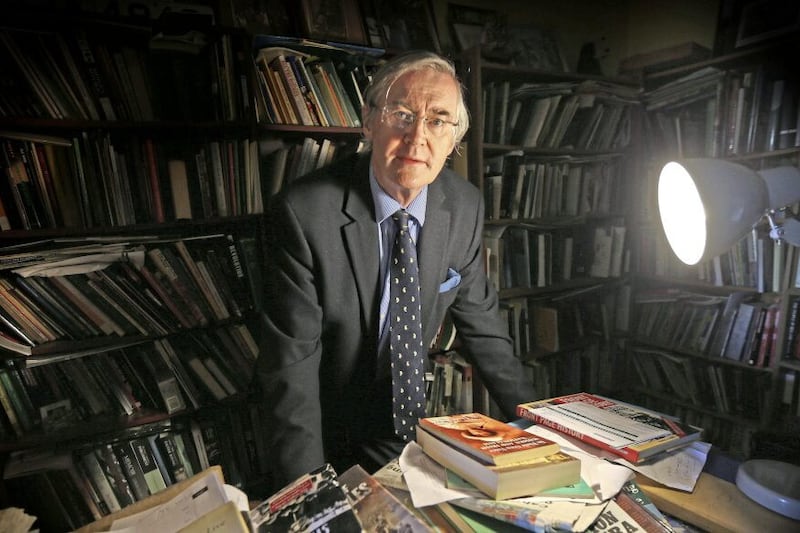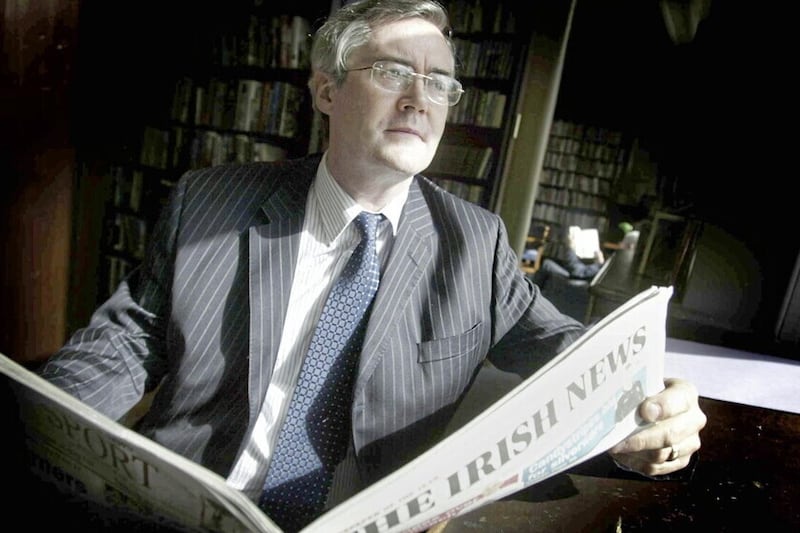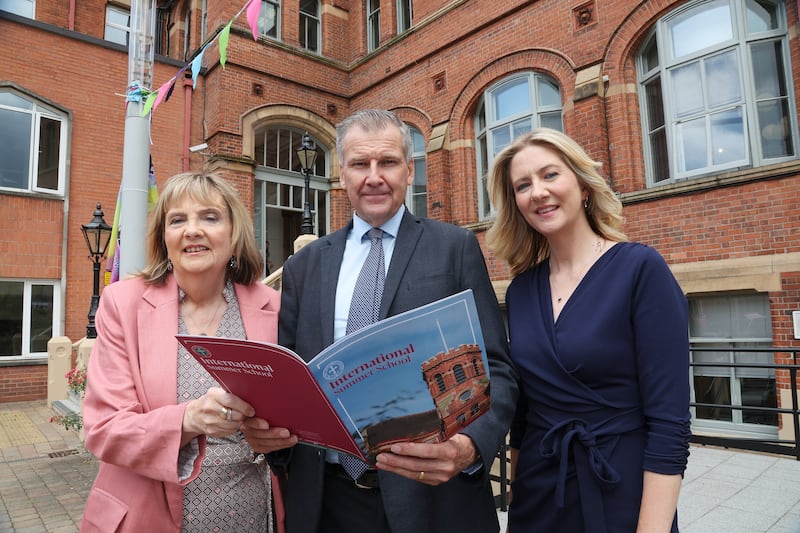IT is perhaps unsurprising that in Ireland the most sustained period of intense violence in modern Irish history is universally known by the term 'The Troubles'.
The term was originally used to describe the years of the Irish Revolution of 1912-23, spanning the Ulster Crisis over the Third Home Rule Bill, the Easter Rising, the War of Independence and the Civil War.
However, its use in connection with the Northern Ireland conflict surfaced in the Belfast press after the first deaths in the city in August 1969.
Reporting that three men and a nine-year old boy had been shot dead in a night of carnage on August 15 1969, The Irish News referred to the violence in its front page story as 'the worst flare-up since the 1921 Troubles'.
The term had the advantage that it avoided ascribing blame to any of the participants.
Within days, the Troubles was the favoured shorthand of the Irish, British and international press corps descending on Belfast and Derry to cover the convulsions of a society in turmoil.
A decade later in 1980, Thames Television screened a series on the conflict with 'The Troubles' as its title.
And today, half a century later, the northern political parties and the two governments are still struggling with the complex legacy of some 3,600 Troubles-related killings.
There is still, however, a debate among historians and those affected by the 30-year conflict as to when the Troubles began.
For some it was October 5 1968 when a civil rights march in Derry was batoned by the RUC in compliance with a unionist government ban.
These violent scenes, screened across the globe using footage from RTÉ, alerted public opinion in Britain and abroad that Northern Ireland was not a normal part of the UK and resulted in a London-driven reform programme.
The Wilson Labour government could not have foreseen the implosion of unionism on the civil rights demand of 'one man, one vote' - granted in Britain in 1945 but withheld by Stormont for blatantly political reasons.
There followed the Protestant backlash led by Rev Ian Paisley (initially regarded as a figure of fun by middle class unionism), the ambush of the radical student march at Burntollet in January 1969, a UVF bombing campaign which toppled Prime Minister of Northern Ireland Terence O’Neill and the tragic events of August 1969 in Derry and Belfast.
For others the Troubles began that August with the Battle of the Bogside and the explosion of violence in Belfast on the night of August 14/15 1969. As British troops arrived on the streets and the first peace lines emerged one thing was clear: things would never be the same again.






